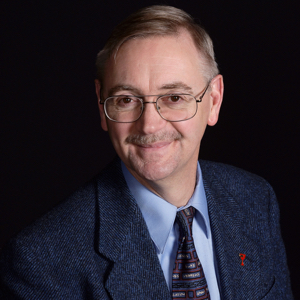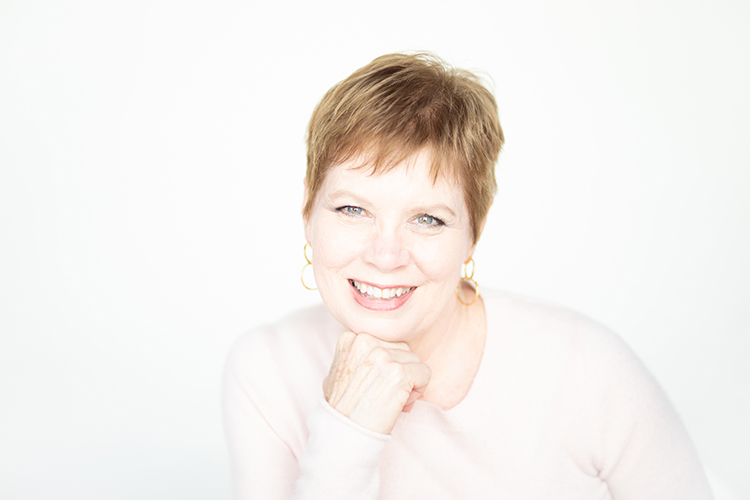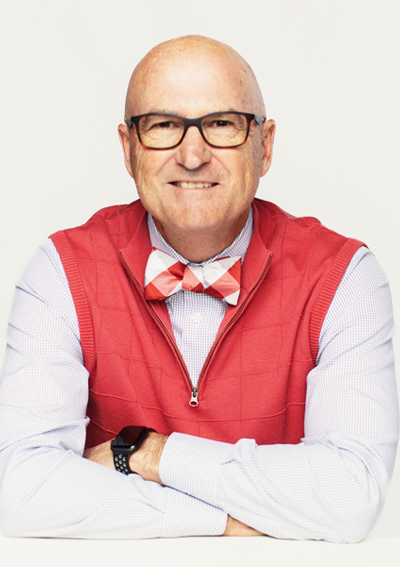“In our most relaxed moments, we sit with our friends and fantasize about how we would like things to be—but we immediately retreat from the excitement such visions generate,” observes Rabbi Michael Lerner, “because we ‘know’ that they are impossible, that no one would ever join us in doing what needs to be done to make them happen.”
Doesn’t that sound like a lot of the conversations we hear, and much of what we read, in the New Year’s season? One way that I avoid getting bogged down in the melancholy or the somewhat aimless “hoping” for a more compassionate, safe world is by focusing on Jesus’ vision for us and how we, as disciples, are called to build (read: actualize) that vision in and through the power of the Holy Spirit.
In addition to the volumes of encouragement and instruction in the Scriptures and church history, in this season I am especially mindful of two of my favorite authors, the aforementioned Lerner and Henry David Thoreau. Perhaps you find these an odd combination. I think of them as bookends – Thoreau asserts we must go forth confidently to live as we believe we are called; Lerner adds that we must engender confidence in, and connectedness with, one another to be successful in our mission as disciples.
“I learned this, at least, by my experiment, that if one advances confidently in the direction of his dreams, and endeavors to live the life which he has imagined, he will meet with a success unexpected in common hours,” Thoreau concluded. “He will put some things behind…. In proportion as he simplifies his life, the laws of the universe will appear less complex, and solitude will not be solitude, nor poverty poverty, nor weakness weakness.”
Lerner offers a slightly different but related perspective to Thoreau’s recognition that one can be distinct and at the same time is always in intimate relationship with all of his/her environment. He proposes, “Alone there is very little that can be accomplished by ‘any one person.’ But together, most of this reality (poverty, discrimination, violence, etc.) could eventually be changed. True, only eventually, and then only after prolonged and intense struggle. But it could be changed. What keeps this from happening, in part, is that we can never allow ourselves to become part of this potential ‘WE’ that could transform things.”
As we gaze upon the remarkable possibilities 2017 offers, let us engage each other, and people in an ever-widening circle of relationships, in conversations about how we can more fully become the “WE” that is living Jesus’ Kingdom of Peace and Justice into reality here and now.
Joe




